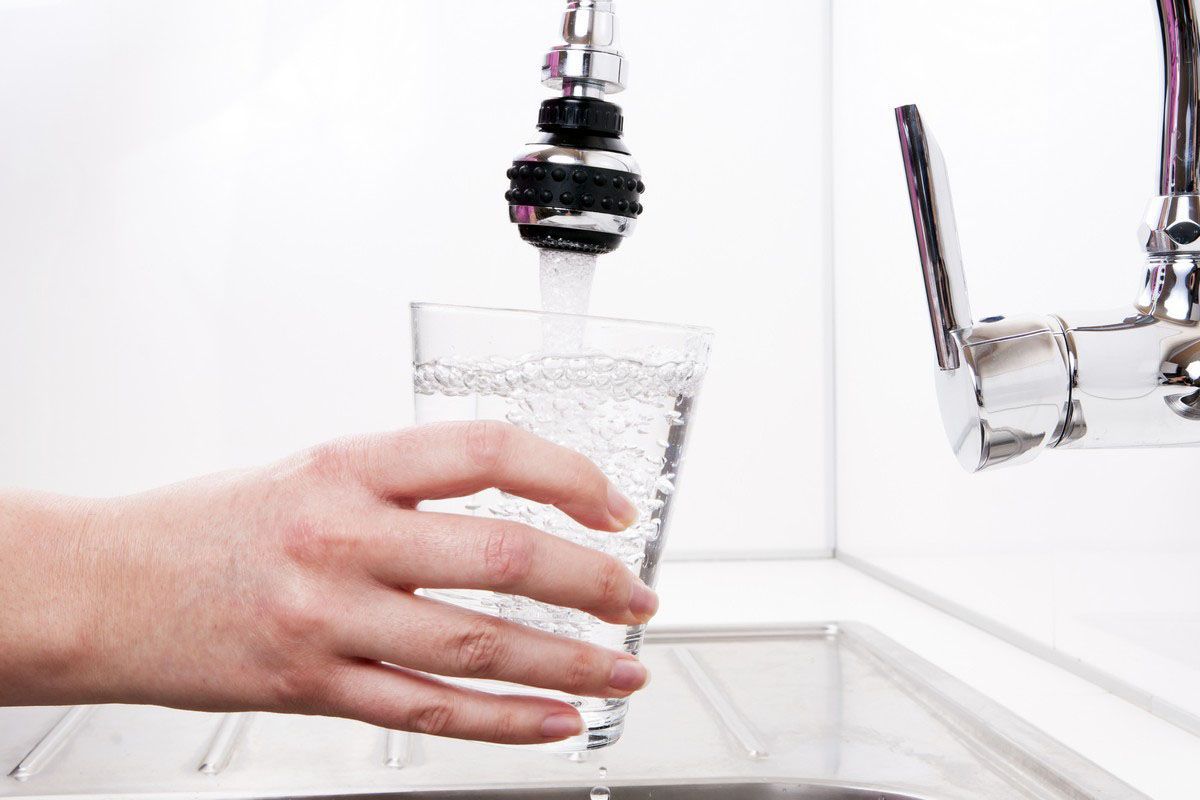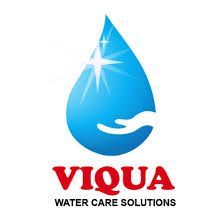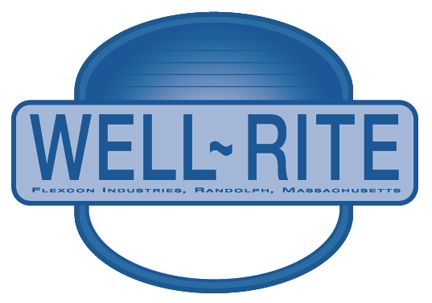September 24, 2025
Water is one of the most essential resources on Earth, vital for the survival of all living organisms. From drinking and cooking to agriculture and industry, water is central to nearly every aspect of daily life. Yet access to clean and safe water is not always guaranteed. Contaminated water can cause serious health risks, harm the environment, and reduce the quality of life. Water treatment companies play a critical role in addressing these challenges. By purifying, monitoring, and distributing safe water, they protect public health, support environmental sustainability, and ensure long-term water availability. Understanding the importance of water treatment companies allows communities and policymakers to recognize the scope of their impact and the value of investing in water infrastructure.
Beyond public health, these companies are essential in mitigating economic losses caused by water-related diseases and environmental degradation. Industries such as agriculture, manufacturing, and energy heavily rely on reliable water sources. A disruption in water quality or availability can lead to crop failures, production delays, and increased operational costs. In this sense, water treatment companies are not just public health safeguards—they are economic stabilizers that keep communities and industries functioning smoothly.
What Do Water Treatment Companies Do?
Water treatment companies are specialized organizations that make water safe for consumption and use. Their services include filtration, chemical treatment, biological purification, and ongoing monitoring to remove contaminants such as bacteria, viruses, heavy metals, and industrial chemicals. These companies work with municipal water systems, industrial facilities, and private properties to ensure that water meets regulatory standards and is safe for human use.
In practical terms, a water treatment company might manage the entire lifecycle of water—from sourcing and purification to storage and distribution. This includes maintaining pumps, pipelines, and reservoirs to prevent contamination before it reaches consumers. These companies also conduct regular water quality testing to detect potential threats early, which is particularly important in areas where industrial or agricultural runoff can introduce hazardous substances.
Water treatment companies often tailor solutions for different water sources. For instance, groundwater may require mineral balancing and removal of naturally occurring contaminants, while surface water might need additional filtration to eliminate microorganisms and sediment. Their expertise ensures that both residential and industrial users have access to safe water under varying conditions.
How Do Water Treatment Companies Impact Public Health?
The contribution of water treatment companies to public health cannot be overstated. Contaminated water can lead to illnesses ranging from mild gastrointestinal discomfort to life-threatening infections. According to the Centers for Disease Control and Prevention, individuals are more at risk of getting sick from unsafe water if they are pregnant, 65 years or older, or have a weakened immune system. This makes water treatment companies especially critical for protecting these vulnerable populations.
By removing harmful microorganisms, toxins, and chemical contaminants from water, these companies prevent the spread of waterborne diseases such as cholera, hepatitis A, and E. coli infections. Beyond immediate health benefits, clean water supports overall community wellness by enabling proper hygiene and sanitation, which reduces the incidence of infectious diseases. Schools, hospitals, and workplaces all depend on water treatment companies to maintain safe water that prevents outbreaks.
Additionally, water treatment companies contribute to long-term public health research by tracking water quality trends. Their data can inform policies for managing environmental hazards, improving infrastructure, and educating communities about safe water practices. This proactive approach not only prevents health crises but also reduces medical costs and increases the quality of life for entire populations.
Why Are Water Treatment Companies Essential for Environmental Protection?
Water treatment companies play a key role in protecting ecosystems and preserving biodiversity. Untreated wastewater, agricultural runoff, and industrial effluents can pollute rivers, lakes, and oceans, harming aquatic life and destabilizing natural habitats. By treating water before it is released into the environment, these companies help maintain healthy ecosystems and reduce ecological damage. Treatment processes remove harmful chemicals, heavy metals, and excess nutrients that can trigger algal blooms, oxygen depletion, and species die-offs.
Many water treatment companies also promote resource efficiency and recycling. Treated wastewater can be safely reused for irrigation, industrial processes, or even replenishing natural water bodies. This practice conserves freshwater resources, reduces strain on local water supplies, and minimizes the environmental impact of human activity. Furthermore, by preventing water pollution, these companies contribute to cleaner waterways that support recreational activities, tourism, and fisheries—sectors that are often critical to local economies.
The work of water treatment companies extends to environmental compliance and policy. They often collaborate with governmental and nonprofit organizations to ensure that local water systems meet regulatory standards and that industrial discharges do not exceed safe limits. Through these partnerships, they help enforce laws that protect ecosystems while supporting sustainable economic development.
What Technological Innovations Are Used by Water Treatment Companies?
Technological advancements have transformed the way water treatment companies operate, improving efficiency, safety, and reliability. Common methods include filtration systems, ultraviolet light treatment, reverse osmosis, and ozone purification. These techniques remove a broad spectrum of contaminants, from microbial pathogens to chemical pollutants, ensuring water meets rigorous safety standards.
Emerging technologies have further enhanced water treatment processes. Smart sensors and real-time monitoring systems allow operators to detect changes in water quality instantly and respond before problems reach consumers. Artificial intelligence and predictive analytics can forecast contamination events and optimize treatment procedures for energy efficiency and minimal chemical use. These innovations also help water treatment companies scale their operations to meet the demands of growing populations without compromising safety.
Sustainable technology is becoming increasingly important. Energy-efficient filtration membranes, low-chemical treatment methods, and automated systems reduce both operational costs and environmental impact. By integrating these technologies, water treatment companies can maintain high-quality water delivery while addressing broader environmental and economic challenges.
How Do Water Treatment Companies Ensure Sustainability?
Sustainability is a central focus for modern water treatment companies. With growing populations, urbanization, and climate change, the pressure on freshwater resources is unprecedented. Water treatment companies implement practices that conserve water, reduce energy consumption, and minimize chemical waste. Recycling treated water for industrial or agricultural use, optimizing filtration processes, and using renewable energy sources are key components of sustainable water management.
Water treatment companies also assist communities in long-term water planning. By monitoring water quality and consumption trends, they provide insights that inform decisions on water conservation, infrastructure investment, and emergency preparedness. Their expertise ensures that water resources are managed efficiently, reducing waste and safeguarding supply for future generations.
Collaboration further strengthens sustainability efforts. Water treatment companies often partner with local governments, environmental agencies, and research institutions to develop educational programs, pilot new technologies, and promote water conservation awareness. These efforts encourage responsible water use and help communities adapt to changing environmental conditions, ensuring that safe and sufficient water remains available for all.
Water treatment companies are indispensable in today’s world, where the demand for clean water continues to rise. Their work protects human health, preserves ecosystems, and ensures sustainable water resources for the future. Through technological innovation, environmental stewardship, and public health protection, these companies provide essential services that support daily life and long-term community resilience. Recognizing and supporting the critical role of
water treatment companies helps secure a cleaner, safer, and more sustainable world for current and future generations. If you value sustainable, clean water, contact Water Systems Specialties, A Regional Water Authority Company today!










